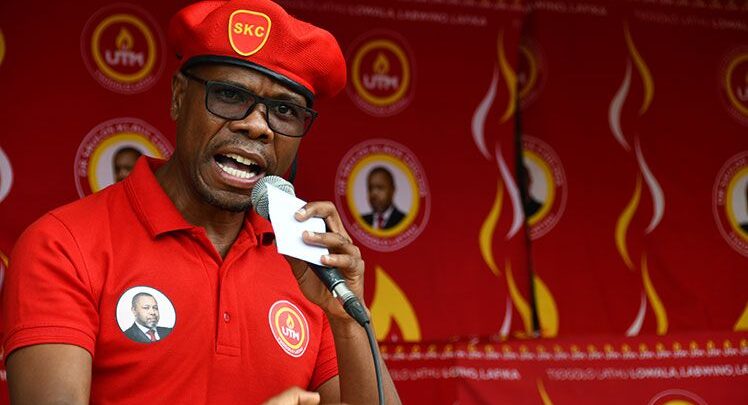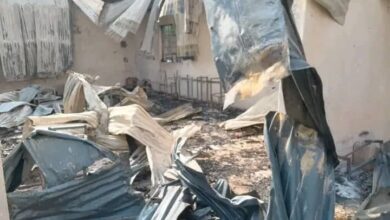National
NRB National ID registration figures raise eyebrows

By Burnett Munthali
The National Registration Bureau (NRB) has come under intense scrutiny following revelations of irregularities in the national ID registration process. Questions are being raised about the accuracy of the data being collected and the efficiency of the registration system, with widespread concerns from various sectors of the population.
UTM Publicity Secretary, Felix Njawala, has voiced concerns, describing the registration process as unnecessarily complicated and opaque. According to Njawala, many citizens, especially those in rural areas, are finding it difficult to register due to a lack of proper information and technical issues that arise during the process.

“The entire process seems riddled with complexities that frustrate people. The registration centers are not enough, the equipment is often faulty, and there is a general lack of coordination,” Njawala lamented. He added that many Malawians are either unable to access registration points or face delays that are discouraging them from completing the process.
Allegations of Skewed Figures
One of the key issues surrounding the NRB’s national ID registration figures is the growing suspicion that some areas are either underrepresented or overrepresented. Reports suggest that regions traditionally viewed as opposition strongholds are facing more hurdles in obtaining their IDs, while some government strongholds have an unusually high number of registered individuals in a short period.
Njawala pointed out that such discrepancies fuel public mistrust in the process. “It raises suspicions about potential manipulation of voter registration ahead of the 2025 elections. We need transparency and accountability from the NRB to restore confidence in this crucial national exercise.”
Rural Areas Facing Major Hurdles
Rural communities, which make up a significant portion of the population, are reportedly the most affected by the problematic registration process. Many people have to travel long distances to reach registration centers, and once there, they face long queues, frequent system failures, and a lack of adequate staff to handle the overwhelming demand.
Several civil society organizations have also raised concerns that these challenges are likely to disenfranchise rural voters. Without a valid national ID, citizens cannot participate in national elections, access essential services, or apply for government programs, further marginalizing vulnerable populations.
Calls for Urgent Reform
Njawala and other critics are calling for an urgent overhaul of the NRB registration system. They demand that the government increase the number of registration centers, improve logistical support, and ensure that technical glitches are resolved swiftly.
“The government must take immediate steps to simplify the process, especially in rural areas where citizens are already disadvantaged. Failure to address these issues may lead to a lack of trust in the entire system,” Njawala emphasized.
As the 2025 elections draw near, the integrity of the national ID registration process will be critical. Both political parties and civil society will be watching closely to ensure that the NRB does not become an instrument for voter suppression or manipulation. Without timely intervention, the growing skepticism surrounding the NRB’s figures may cast a shadow over Malawi’s democratic processes.






